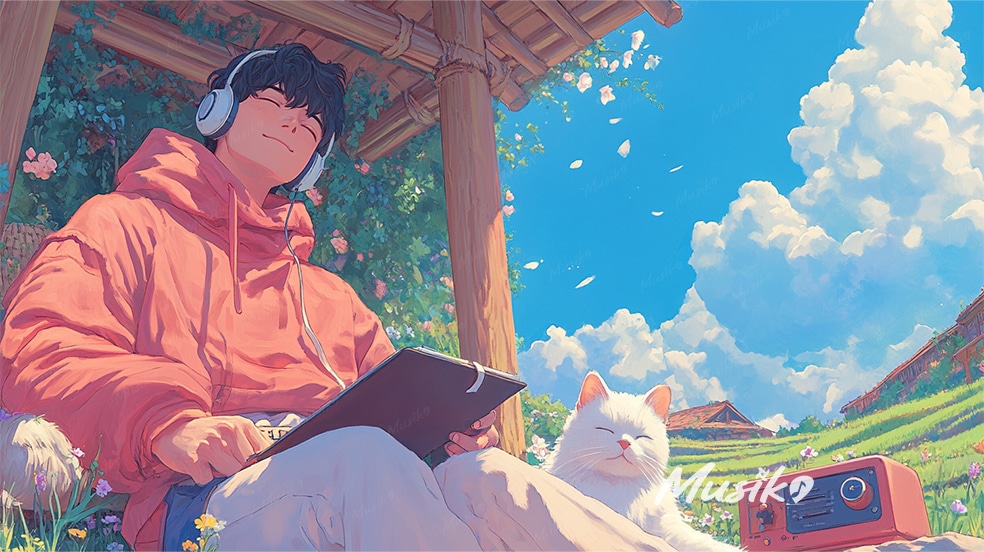🌴 Discover Mangudadatu
Welcome to Mangudadatu, a tranquil and culturally rich municipality nestled in the heart of Maguindanao del Sur, Philippines. Though young in age as a municipality, Mangudadatu has swiftly grown into a beacon of peace, tradition, and natural beauty in the Bangsamoro Autonomous Region. With scenic landscapes, warm communities, and an authentic Maguindanaon spirit, it’s the perfect off-the-beaten-path destination for those seeking soulful travel and deep cultural connections.
🏞️ A Place of Peace and Panorama
Mangudadatu is known for its lush green fields, winding rivers, and untouched terrains. Agriculture thrives here, with vast rice paddies and cornfields painting the town’s rural charm. The peacefulness of the environment reflects the people’s devotion to harmony, shaped by a deep Islamic faith and close-knit tribal traditions.
🕌 Landmarks and Hidden Gems
While not packed with commercial resorts or flashy landmarks, Mangudadatu’s true treasures lie in its mosques, scenic barangays, and community centers. One notable site is the Masjid Al Noor, where locals gather for prayer and reflection. Nearby rolling hills provide perfect picnic spots, offering panoramic views of Maguindanao’s heartland. The town is a hidden paradise for nature lovers and cultural explorers.
🌾 Cultural Tapestry of the Maguindanaon People
At its core, Mangudadatu is proudly Maguindanaon, one of the indigenous Moro groups of Mindanao. Their language, attire, and customs are vibrant reflections of centuries-old Islamic and tribal traditions. Locals wear beautifully woven inaul fabrics, often seen during ceremonies and special occasions. Respect for elders, family unity, and strong community bonds define everyday life.
🍛 Feast Like a Local: Flavors of Mangudadatu
Food is at the heart of Mangudadatu’s hospitality. Try dishes like:
- Pastil – steamed rice topped with shredded chicken wrapped in banana leaves
- Sinina – beef stewed in spices and coconut milk
- Piaparan – chicken in turmeric and coconut milk
- Tiyula Itum – a smoky beef soup made with burnt coconut
You’ll also find halal delicacies and local kakanin (rice cakes), served with smiles and stories.
🎉 Festivals that Unite
Though still establishing its identity, Mangudadatu joins neighboring towns in celebrating regional festivals such as:
- Kalilintad Festival – celebrating peace and unity across the province
- Shariff Kabunsuan Festival – highlighting the arrival of Islam in Mindanao
During these times, colorful parades, inaul fashion, kulintang music, and traditional dances light up the community spirit.
🎶 Music of the Soul
The beating heart of Mangudadatu’s soundscape is the kulintang, a traditional gong instrument ensemble. Dabakan, agung, and gandingan complement the rhythm, often played during rituals, celebrations, and courtship dances. It’s a living legacy passed through generations, echoing tales of honor, love, and resilience.
🌟 What Mangudadatu is Known For
Mangudadatu is best known for:
- Its namesake leadership family deeply involved in Mindanao’s politics and peacebuilding
- Preserving Islamic and Maguindanaon heritage
- Quiet countryside charm with a deep cultural soul
- Symbol of unity and rebirth after historical struggles







